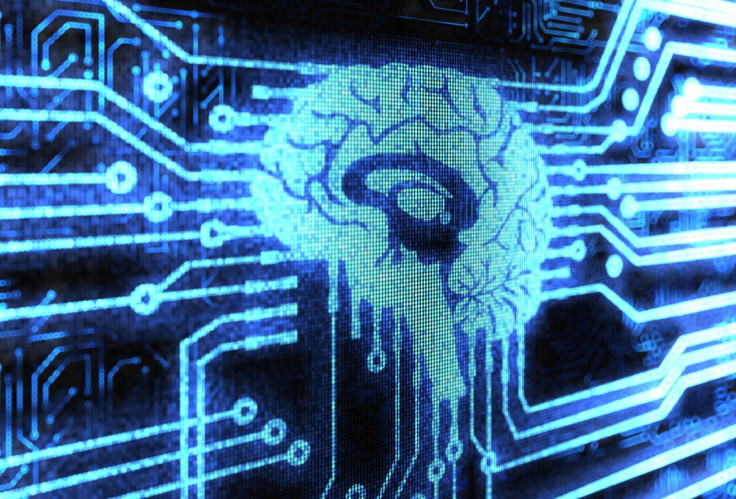First near fully-formed 'human brain' grown by scientists

A miniature "human brain" has been grown in a lab in an achievement that scientists believe will transform their understanding of neurological diseases.
The pencil eraser-sized structure was grown from adult skin cells in a petri dish and has reached the same level of maturity as a five-week-old foetus, researchers from Ohio State University said on 18 August.
The organoid contains 99% of the brain's diverse cell types and genes and is the "most complete human brain model yet developed", according to Rene Anand, professor of biological chemistry and pharmacology at Ohio State.
Researchers say the study will enhance their understanding of developmental diseases such as autism, Alzheimer's and Parkinson's and allow them to test experimental drugs more effectively.
Major breakthrough
"It not only looks like the developing brain, its diverse cell types express nearly all genes like a brain," Anand said.
"We've struggled for a long time trying to solve complex brain disease problems that cause tremendous pain and suffering. The power of this brain model bodes very well for human health because it gives us better and more relevant options to test and develop therapeutics other than rodents."
He added: "In central nervous system diseases, this will enable studies of either underlying genetic susceptibility or purely environmental influences, or a combination."
"Genomic science infers there are up to 600 genes that give rise to autism, but we are stuck there. Mathematical correlations and statistical methods are insufficient to in themselves identify causation. You need an experimental system – you need a human brain."
The study is yet to be peer-reviewed, however, and the methodology behind the growth of the organoid has not been divulged by Anand, who has filed an invention disclosure with the university.
© Copyright IBTimes 2025. All rights reserved.






















